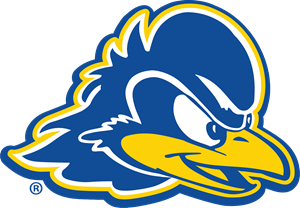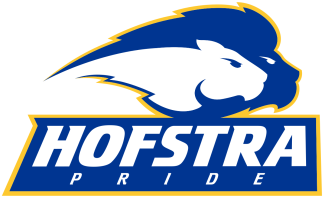This year, Moore has 25 goals and 25 assists and is shooting a career-high 31.3 percent while averaging 6.7 shots.
“He’s just really understanding how to get his teammates involved in the game,” Tiffany said. “Last year, sure, there’s an advantage to Michael Jordan shooting the ball every time you go down the court, but if you want to get the entire team involved, getting everyone more touches and distributing the ball, you’re going to create a stronger team collective, and that’s what he’s done. I think he understands that better as a leader and as a captain.”
Much of it, too, stems from the emergence of attackman Connor Shellenberger into a full-fledged star in last year’s NCAA tournament. He’s Virginia’s table setter and leads the team in assists (44) and points (76).
Yet Shellenberger is also more likely to assert himself as a sophomore than in his first year playing for the Cavaliers.
“I’ve played within my role this year, and I think that’s great,” Moore said. “I’ve realized that to be successful, you have to play your role. My role really isn’t stated, but I understood we have the best player in the world on our team. You just kind of let him go to work and work with him rather than looking at him and saying, ‘I want to be that guy.’ Just work together.”
Moore has battled injuries this season, missing three games and spending more time in the training room than he’d prefer. Yet it’s precisely because of those issues that he’s responsible for what Tiffany described earlier this month as his favorite play of Virginia’s season.
The Cavaliers were already up eight at Syracuse on April 23 when Moore dove toward the sideline for a carom of a shot, slipping past a Syracuse defender who was jogging toward the ball. Virginia retained possession and proceeded to score an extra-man goal moments later.
“For somebody like Matt, just understand we have to put everything on the line here — there’s really no days off at that point in the season,” attackman Payton Cormier said. “We were in a spot where we needed every single possession that we could get. It was pretty important coming off of losses and having a couple rough patches. I think Matt showed to a lot more than just our team that we’re going to do what takes to make ourselves successful.”
Moore’s place in Virginia’s lacrosse lore is secure. He scored twice in last week’s 17-10 defeat of Brown, tying Michael Watson for second in program history with 142 career goals. His 41 postseason points is tied for the fourth-most ever for a Cavalier, putting him in a top five with Steele Stanwick, Tim Whitely, Matt Ward and Danny Glading.
It’s the lessons he put to use this year, and their potential long-term impact at Virginia after his career, that could be just as important for the Cavaliers’ self-appointed garbage man.
“The hierarchy of sports, I think it’s the downfall of the guys who just go out there and play,” Moore said. “They don’t pick up the balls, they don’t do anything for the team. They do it just to score goals. It’s like a cancer to a team. Little things like taking the trash out, and say a freshman saw that. He knows when he’s that age, he'll do that as well. It’s not just the freshmen taking it out. It’s everyone on the team helping out.”


























































